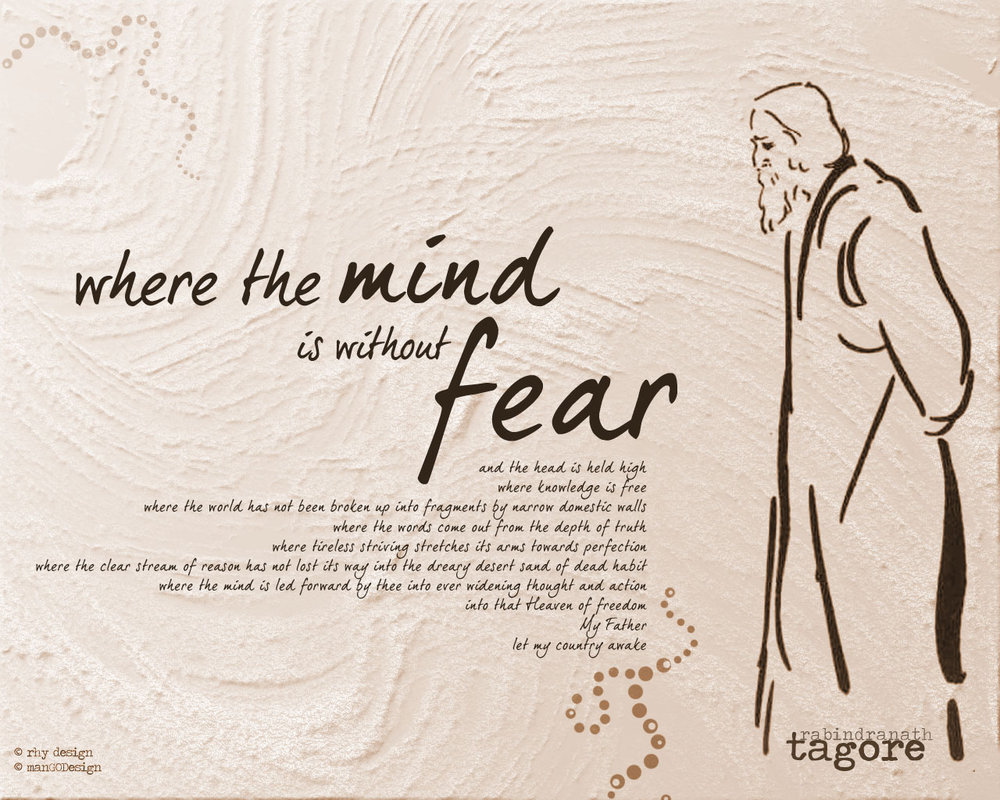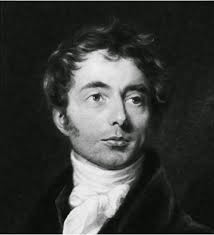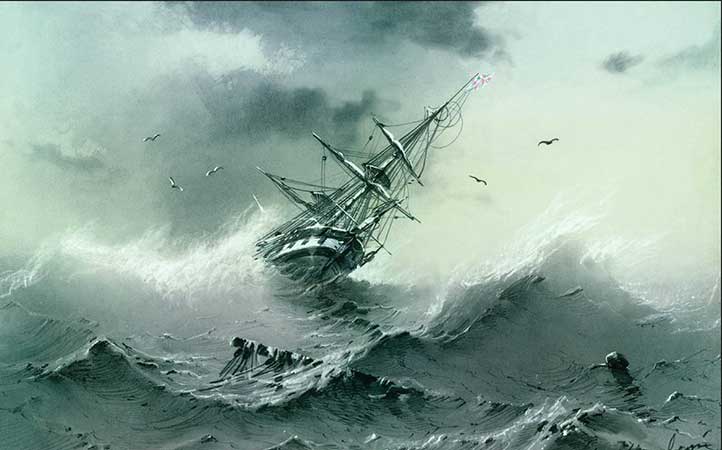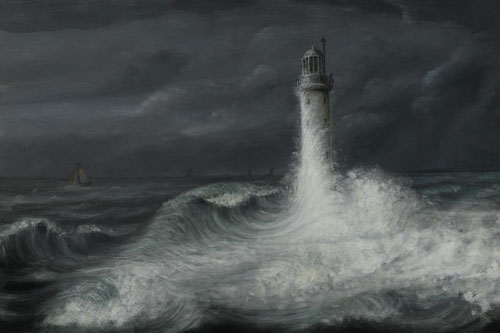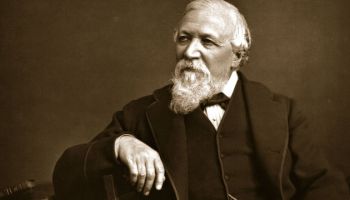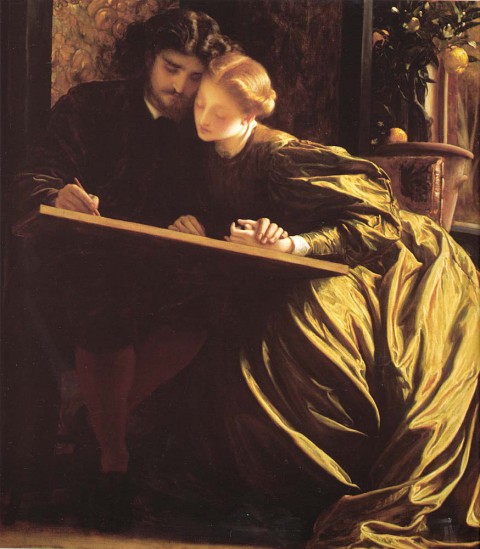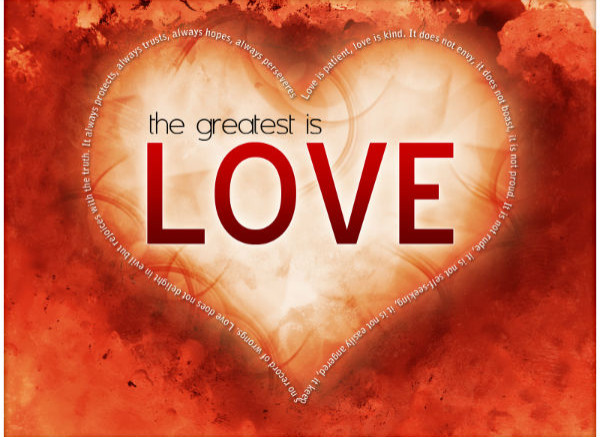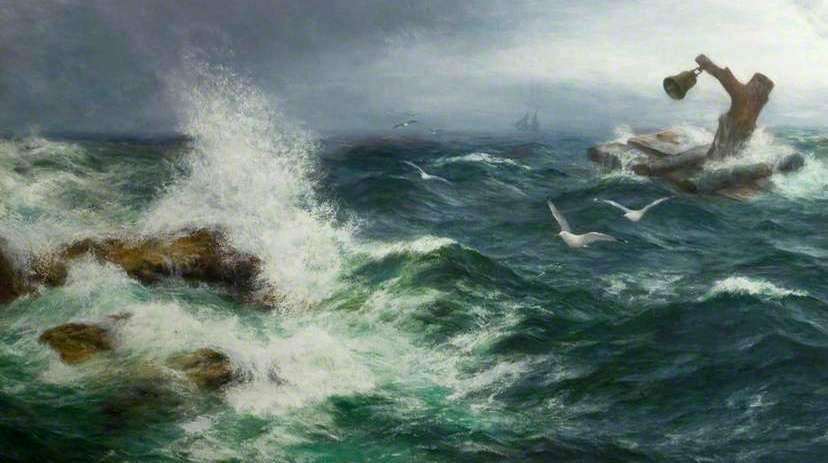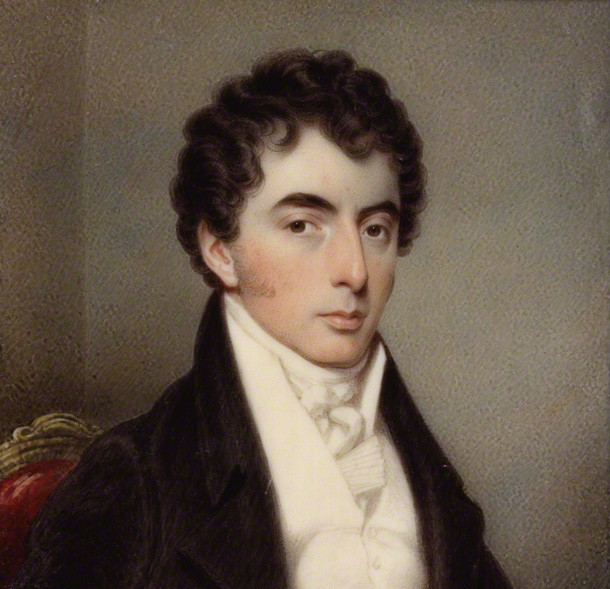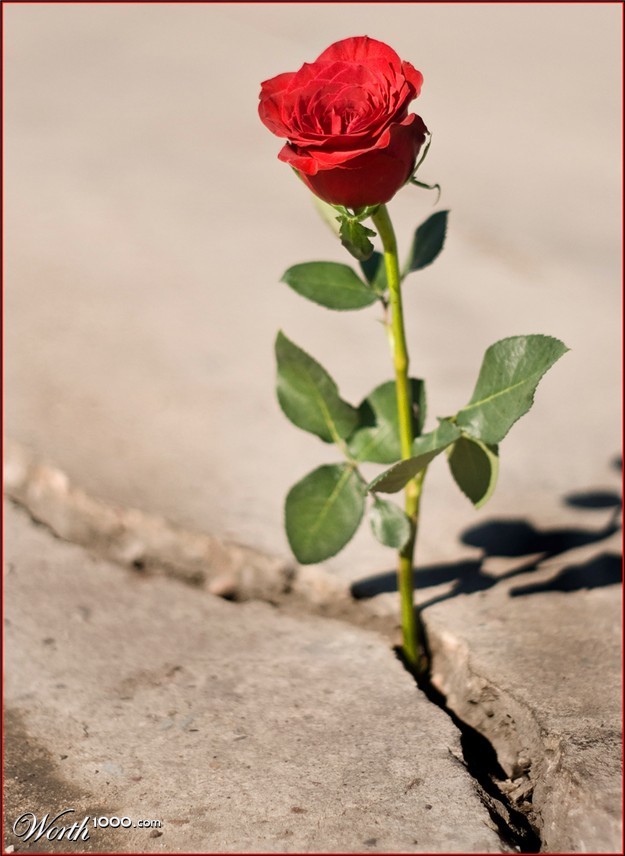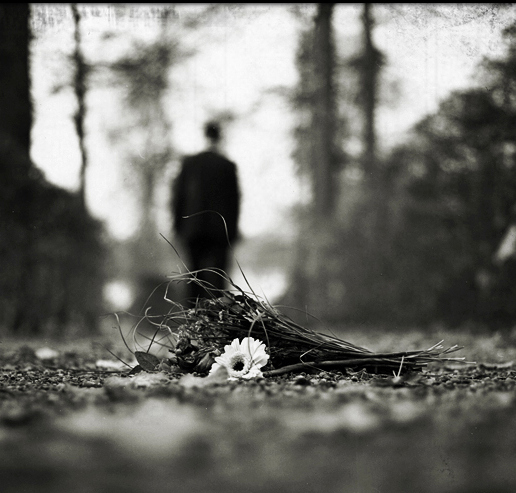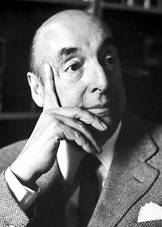Rupert Brooke (1887-1915) is one of the best-known war poets who wrote during the First World War. It is the series of five sonnets written by him on the theme of war that mostly account for his fame as a war poet. ‘Peace’ is one of those five sonnets. Like other sonnets, it consists of a total of fourteen lines. In this case, the fourteen lines are divided into two stanzas. The first stanza is made up of eight lines and is known as an octet, and the second stanza is made up of six lines and is known as a sestet (you can read more about this in the poem ‘analysis’ section of this article).
In the first stanza, Brooke expresses his thankfulness to God for being born and subsequently living at a glorious time in the history of the world – the time of the First World War. He considers this the greatest fortune for his generation. Previously, the youth had been asleep and unaware of all the injustices being practiced by their fellow men, but the war has awoken them into consciousness and inspired them to stand up for what is right. To this end, war has given them a purpose in life. Brooke goes on to say that war has made both their hands and their vision keen, both their bodies and their minds sharp and strong, and he compares this to the cleansing effect of a dive in clear water. That war can be purifying is a strange notion, but perhaps it is this differential view of war that makes Brooke such a great poet of war. He does not regard war as a corrupted and wasteful enterprise but as a rite of passage that every young man needs to experience in his life. Against such young men, he contrasts the old world – the world before 1914, before the start of the First World War. That world was “cold” and “weary,” he says, not youthful and energetic like the soldiers of his generation, not warmed by the passion for a rightful fight. The hearts of men of the older generation was “sick.” Here “sick” does not signify physical weakness as much as it does moral degeneration, for the honor that comes with battle could not move those men. Brooke feels that a man who cannot fight for rights, who feels no impulse to protest against injustice, is not a man at all. He may appear to be human, but in heart and mind, he is certainly not so. That is why Brooke labels such people as “half-men.” Rupert’s generation is one of masculine pursuits. Love and women have no place in this value system since they have no depth and can threaten the purity of men.
In the second stanza, Brooke says that the youth of his generation have felt shame for their previous actions, both mistakes and indifference, but the war has given them a sense of relief and freedom from such thoughts. In fact, all the damage that is attributed to war – “ill” and “grief” – is temporary. A good night’s sleep can make it all disappear. The body may be weakened by war, and young men may stop breathing, but in their hearts, they shall be happy. They shall laugh with no inhibitions, with no shame. As a result, they will achieve a long-lasting sense of peace. This pace can refer both to mental restfulness and the peace of death (as the last two lines of the poem hint). Brooke says that since war involves killing one’s opponents who belong to the other side, it can sometimes result in agony, but that agony also comes to an end with death. Brooke calls Death (now personified) both a friend and an enemy of soldiers since it takes away life but brings meaning to their lives as well when they die a peaceful death for a just cause.
Dear Readers- If this summary/analysis has helped you, kindly take a little effort to like or +1 this post or both. Make sure you like Beamingnote’s Facebook page and subscribe to our newsletter so that we can keep in touch. We’ll keep informing you about stuff that is really interesting, worth knowing, and adds importance to you.
Updated on 21st April 2023 by Anjali Roongta
Some online learning platforms provide certifications, while others are designed to simply grow your skills in your personal and professional life. Including Masterclass and Coursera, here are our recommendations for the best online learning platforms you can sign up for today.
The 7 Best Online Learning Platforms of 2022
- Best Overall: Coursera
- Best for Niche Topics: Udemy
- Best for Creative Fields: Skillshare
- Best for Celebrity Lessons: MasterClass
- Best for STEM: EdX
- Best for Career Building: Udacity
- Best for Data Learning: Pluralsight
